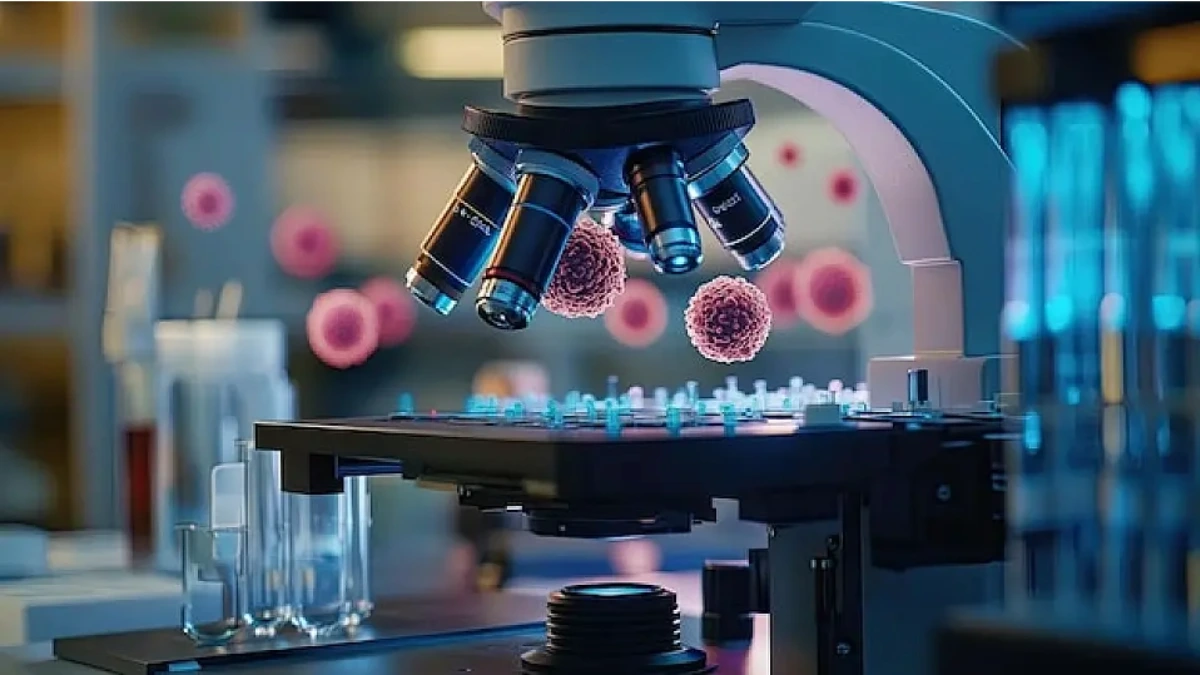Understanding the role of pathology for cancer diagnosis in Turkey is pivotal for advancing healthcare and improving patient outcomes. As a field that bridges science and medicine, pathology plays a crucial role in diagnosing diseases, including cancer, by utilizing advanced technologies and methodologies.
The Importance of Pathology in Cancer Diagnosis
Pathology serves as the backbone of patient care in cancer diagnosis. Firstly, it involves the study of diseases through the examination of tissues and bodily fluids. Furthermore, pathologists are integral to healthcare teams, providing diagnoses that inform treatment decisions and prognostic outcomes. Given the growing incidence of cancer in Turkey, effective pathology practices are essential to meet the increasing healthcare demands and provide timely diagnosis for optimal treatment.
General Pathology
General pathology covers the study of disease mechanisms, including cell and tissue injury, necrosis, neoplasia, inflammation, and wound healing. Importantly, this field provides the foundational knowledge that pathologists apply in diagnosing various diseases. In Turkey, the practice of general pathology contributes to understanding the biological processes underlying cancer and other conditions.
Anatomical Pathology
Histology
Histology involves studying the microscopic structures of tissues and is integral to diagnosing diseases. Pathologists analyze samples to detect abnormalities, identify cancerous cells, and determine the tissue architecture.
Cytology
The examination of individual cells to screen and diagnose diseases is vital in medical practice. In Turkey, cytology aids clinicians in making informed decisions about cancer treatment based on cellular appearances and functions.
Forensic Pathology
Forensic pathologists determine causes of death through autopsies, which is critical for understanding disease etiology and legal investigations.
Clinical Pathology
Clinical pathology, or laboratory medicine, involves analyzing blood, urine, and tissue samples to diagnose diseases. In Turkey, clinical pathology laboratories provide crucial data, such as hormone levels and biochemical markers, that guide cancer diagnosis and management.
Chemical Pathology or Biochemistry
Biochemists or chemical pathologists investigate disease changes in blood and body fluids. Identifying biochemical alterations can offer clues about disease presence and risk, playing a significant role in diagnosing and managing cancers in Turkey.
Role of Biopsy in Cancer Diagnosis
Biopsies are essential procedures for cancer diagnosis. They allow for the extraction of tissue samples for pathologists to examine, providing critical information for cancer detection and treatment planning. Different techniques, such as incisional, excisional, and needle biopsies, serve various diagnostic needs.
Understanding the Pathology Report
Pathology reports provide comprehensive insights into the patient’s condition, detailing the type of cancer, its progression, and other characteristics that guide treatment decisions. Key terms within these reports, such as histologic grade and mitotic rate, convey essential information about tumour growth and metastatic potential, aiding in the formulation of targeted treatment plans.
Staging and Cellular Pathology
The pathology report also includes cancer staging, which describes the tumour’s size, location, and dissemination. Such insights are crucial for devising treatment and follow-up strategies. The meticulous examination of biopsy samples enables pathologists to assess whether cancer has spread to lymph nodes or blood vessels, which directly influences prognosis and treatment choices.
Challenges and Progress in Cancer Diagnostics
The demand for pathology services in Turkey is escalating due to the increasing prevalence of cancer and other degenerative diseases. Despite these challenges, Turkey has made significant strides in cancer screening and diagnostic services, providing crucial support to its healthcare system. However, staffing shortages and the impending retirement of experienced pathologists pose tangible challenges that the medical community needs to address.
Innovation at Avicenna International Hospital
Avicenna International Hospital leads the way in advanced pathology services in Turkey. By integrating advanced diagnostic practices and cutting-edge technology, we strive to provide care that meets international standards of excellence. For further information and to discuss how our pathology services can aid in accurate and timely cancer diagnosis, please contact us.
Pathology for cancer diagnosis involves the examination of tissue, cell samples, and body fluids by pathologists to identify the presence and characteristics of cancer. This scientific process is crucial for confirming a cancer diagnosis and determining the appropriate treatment plan.
Avicenna International Hospital leads the way in advanced pathology services in Turkey, offering top-tier cancer diagnosis and treatment.
Yes, cancer treatment in Turkey is highly regarded, with many hospitals providing advanced treatments and comprehensive care that meets international standards.







